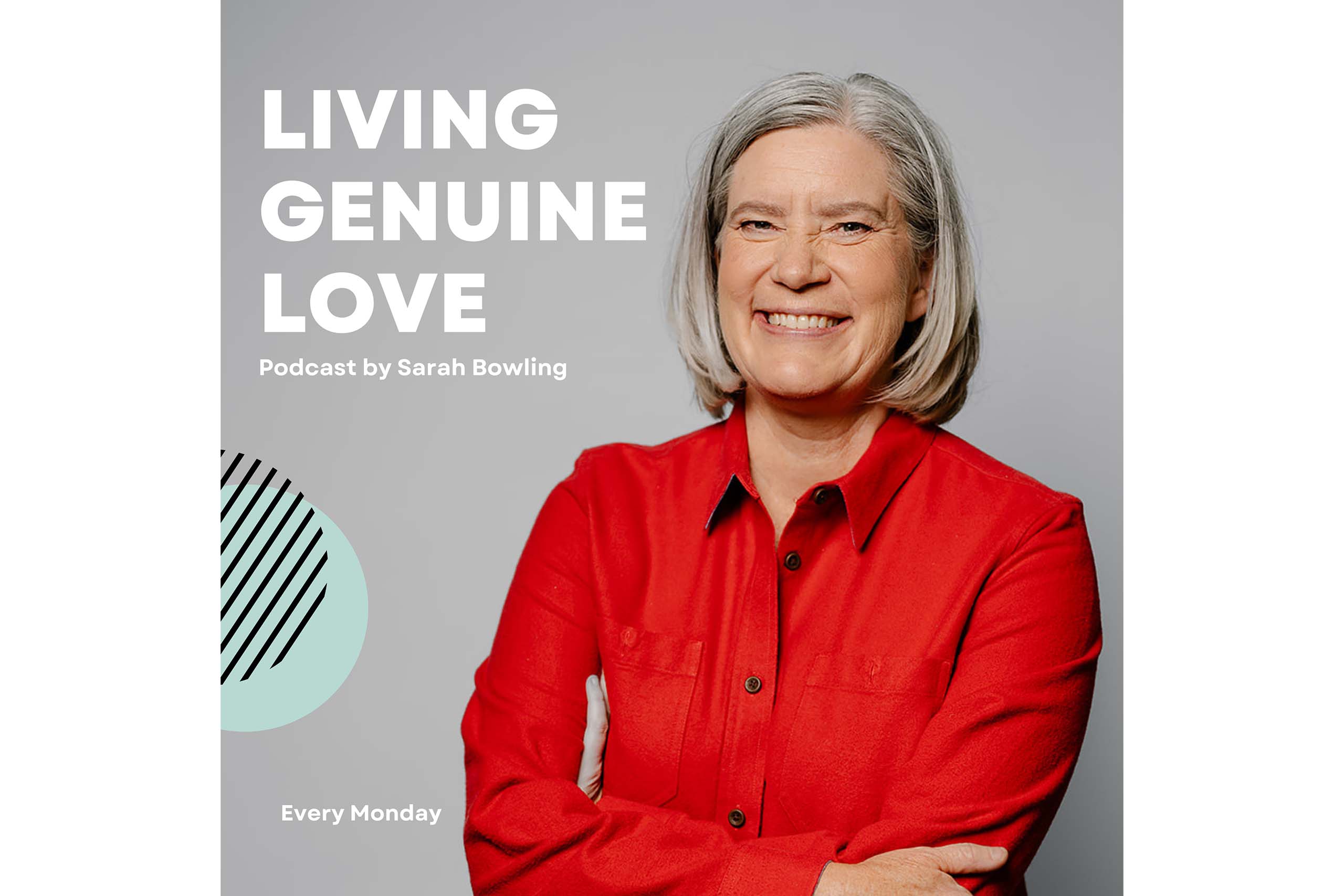“I did everything right, so why is it turning out so very wrong?” Have you ever had this thought or experience? Have you known someone who was going through a horrific season in life, even though they made wise decisions? This goes along with the age-old question, “Why do bad things happen to good people?” This was a popular book written by a Jewish Rabbi, Harold Kushner.
Mr. Kushner wrote this book exploring Job’s life, the hardships he experienced, his righteous lifestyle and the dialogues that took place between Job and his friends. For some context, Job is a book in the Bible named after the man, “Job.” He was very righteous and godly but experienced horrific loss and suffering with the deaths of his children, loss of his wealth and physical pain, all in a short amount of time.
With this in mind, we know that bad things happen to good people, and the reverse is also true—good things happen to bad people. This second quandary was the premise of Job’s friend who tried to explain to him the cause of his suffering. This friend, Eliphaz, told Job that people suffer because they do wrong things and make unrighteous decisions. Eliphaz maintained that innocent people don’t suffer.
And yet, most of us have lived long enough to know that Eliphaz’ explanation isn’t always true. Indeed, we can do and say all the right things but still experience awful pain and tragedy in our lives. And the other side is also true, such that horrible people can live very opulent and comfortable lives. So, what gives? How do we navigate these questions and struggles?
Over the course of the book of Job, you can read what his friends tell him, their explanations and theories. But I think more importantly, you can look at Job’s words and thoughts to gain some helpful wisdom and maybe adjust some of your outlooks. Let’s take a few minutes to explore a couple of verses from Job’s words that could help us.
To begin, in Job 2:10, he says, “Shall we indeed accept good from God and not accept adversity? In all this Job did not sin with his lips.” In this verse, Job acknowledges that God gives us good things. At the same time, he recognizes that life has both good and bad seasons and experiences. Living an all-good and comfortable life doesn’t help us to appreciate blessings when there’s no adversity or hardship.
Another important thing to consider throughout the entirety of this book is that Job is gut-level honest, even heart-wrenching as he pours out his grief, anger, pain and uncertainty. There’s no candy-coating his words or disguising his outpouring in religious jargon, platitudes or nonsense. He is fully raw, as if he is shredding his heart on a grater and connecting the exposed nerves to his mouth. I bring this to your attention because Job is considered a hero in the Bible, and his honesty encourages us that we can be real with God, even when life seems very, very bad.
Finally, I find great comfort in Job’s words in 12:13, “With Him are wisdom and might; To Him belong counsel and understanding.” We know from the full human experience that our wisdom and awareness are very limited and flawed. In contrast, God has perfect wisdom, might, counsel and understanding. While we may not understand what’s happening, we can trust in God’s loving character, power and wisdom.
In conclusion, we know that life isn’t a formulaic certainty. We can also choose to trust God no matter what is happening or what we’re experiencing. In the end, God is in control, and God is good.



